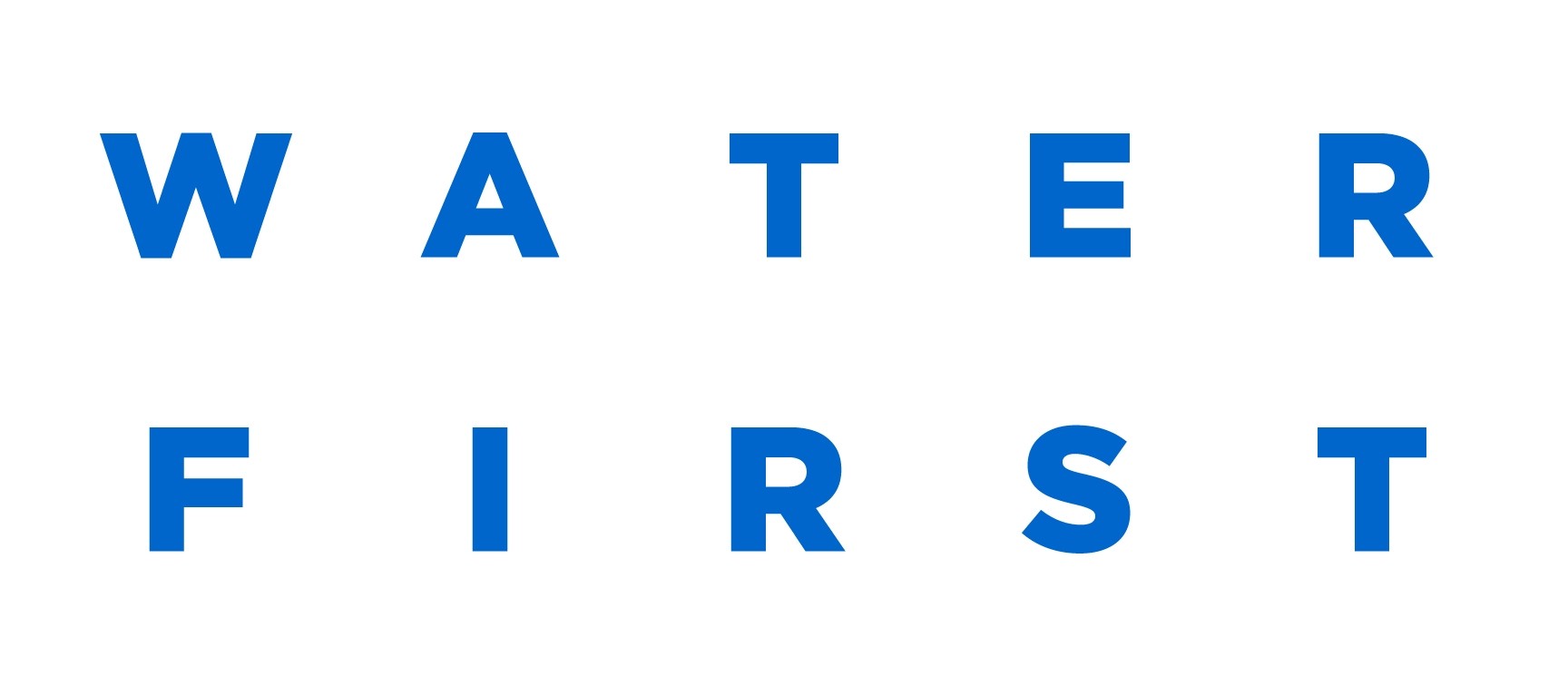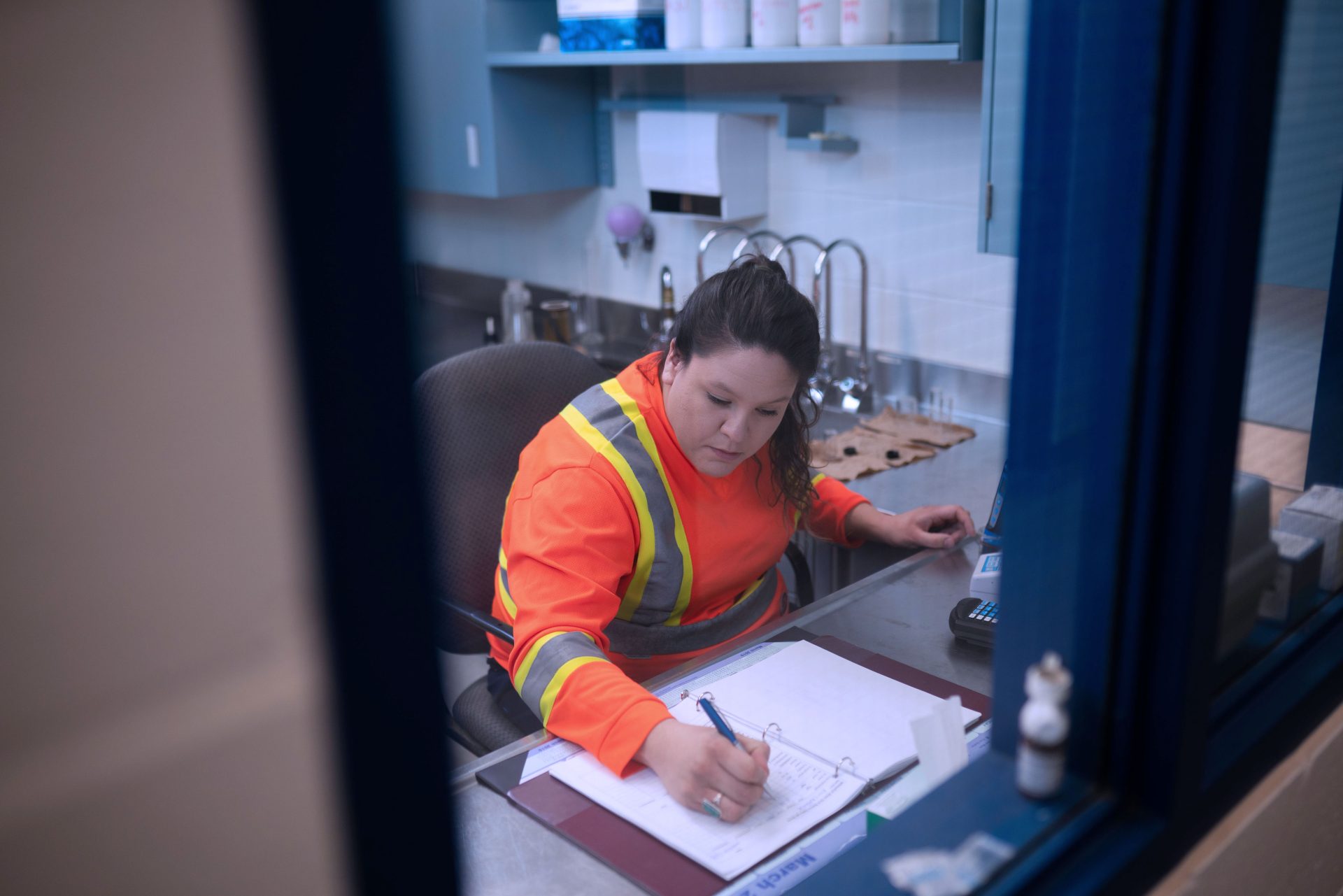Water First Ambassador: Nadia George
Passion and enthusiasm emanate from Nadia George like water flows. Genuinely, effortlessly and with relish.
Based in Toronto, Nadia is an award-winning Indigenous-Canadian actor, media personality, public speaker, and now officially a Water First Ambassador. Her work focuses on uplifting young Indigenous voices by giving space for them to be seen and heard. She challenges the idea of what it means to be a contemporary Indigenous person by addressing stigmas and having open communication around contemporary Indigenous identity. Nadia advocates to bring awareness about equity within Indigenous communities around accessibility, health, mental health, and addiction. She seeks ways to improve the quality of life for all Indigenous Peoples; building bridges by providing learning opportunities to others and fostering positive reconciliation friendships.
Nadia proactively reached out to Water First to voluntarily collaborate, advocate, and support addressing the water crisis in Indigenous communities. So, Ami Gopal, Director of Communications, sat down to chat with Nadia to learn more about her journey, vision for the future, and motivations in working with Water First.
Read the interview
When and why did you start using your influence for good?
When I was in university I recognized the sobering statistics of Indigenous people and also having lived experience watching what happened with my father. The oppression and racism he faced in his life made me want to do more. My father always believed in doing for others and giving back to our community, which is my inspiration. I decided to put my efforts towards having an influence and a platform to use my voice to support my community of Indigenous Peoples. As an Indigenous person I have a right, but also an obligation to communities and to the children of the future.
It is very obvious that you feel passionately about clean drinking water in Indigenous communities. Can you tell us why?
When the water crisis happened in Walkerton my father happened to be jailed at an institution that relied on that water. When it was quickly fixed, I spoke with my father and mentioned that he must be happy that it was dealt with and they had safe water again. I was surprised by an undertone of sadness, resentment, and anger. He pointed out: How can this get fixed so quickly here and yet so many of our people are still without clean water? This reality really impacted my father – mentally and emotionally. At the time I didn’t deeply understand it.
It was years later when I was acting in a film that was being shot on an Indigenous reserve. During my time there, water was brought in by truck for us to use. They specifically told us to not wash our hands in the water. Not to drink the water. Not to use anything that the water had touched. It brought me back to that moment with my father. It made me pause and think, wait a moment, the people we are renting this house from have to bathe in this water. They don’t get to leave and go home like I was able to at the end of the filming. They don’t get to have a shower and not think about their water. It was at that moment that I thought – this is not ok.
If my father was still here today, I know this is something he would be advocating for. So as a legacy to my father, and to our communities, I want to make a difference on this issue if I can.
“This is real for me. I want to really get in there and help out. I needed to be engaged in a meaningful way, and in any way that can provide support.”
Nadia George, Water First Ambassador
Photo credit: Denise Grant
In what ways have you advocated for clean drinking water to date?
I always want to try to give more information. People are asking for it. So sharing information with people to raise awareness. Media, press, and interviews to shed light on the crisis. Talking with family members, friends, and people in the community. Donating. Doing fundraisers. And I’m ready to do more.
When you were looking for an organization to partner with, what made you choose Water First?
I came across Water First’s website and started to read. I read about the Three Strands and about how you work with communities. That was the biggest thing for me. The fact that you collaborate with each community individually and really ask them what it is that they need. You identify how you can support their ideas and their ways of wanting to work to get this done.
That has always been important to me in working with any partner. So many come into these communities and try to work with Indigenous people, but do it from their perspective and their lens. I find this way can do more harm than good. I want to be doing the good work. That was one of the big things for me about Water FIrst is how you’ve built the organization and the values that you stand on. You still continue to do so to this day. There is a long term commitment to the community and the follow through.
The second thing is that I reached out to a couple of people in our Indigenous community to verify. Have you heard of this organization? Have you worked with this organization? And a few of them had very personal and positive connections to Water First.
What is something we can all do to help support communities to access clean drinking water?
Share information! Donate! Write your MPs and MPPs!
Sharing even just one post on social media can make such a difference. Even if you don’t have money to donate. Consider sharing information so that someone that may be able to donate sees it. We have an amazing opportunity with social media and we need to use it. Just get yourself out there. Take action. Inspire others to do the same!
We have just begun our partnership together and working with Nadia has been authentic, reciprocal and adaptive. A natural fit. We are excited to have Nadia join our team to help us bring awareness and engage everyone looking for ways to support and address the crisis.


